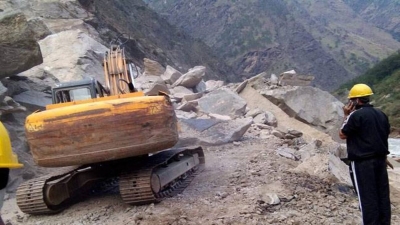
In the last few months, the new draft Environment Impact Assessment (EIA) 2020 proposed by the Centre has been drawing a lot of attention. EIA comes under the Environment (Protection) Act, 1986, and ensures projects, including industrial and infrastructural, are duly given or denied environmental clearance based on expert assessment. The first EIA norms were notified in 1994, and they were replaced with a modified version in 2006. The current government says it has redrafted this version to make the EIA “process more transparent and expedient”. However, the new draft has caused outrage among the media, activists, environmentalists and the public, and has raised the concerns of even the United Nations for various reasons. Among them are post facto clearance (projects can come up without environmental clearance); the exemption of several large industries and projects from public consultation; shortening the period of public consultation hearings; increasing validity of the clearances for mining projects and river valley projects. The draft is seen as giving more power to the government while diluting public involvement in protecting the environment. However, Prakash Javadekar, the Minister for Environment, Forest and Climate Change, has said that valid suggestions and objections raised on the draft EIA Notification 2020 will be considered on merit before finalising it. He also said “public consultations were still underway and suggestions can be sent up to 120 days from the date of publication of the draft”. He said it was wrong to assume that “ex-post facto environmental clearance will be given to the cases involving violation”. Similarly, the draft does not talk about diluting the process of public hearing, “instead it is stressing on making it more meaningful”, he said.
This May, gas leaked from a polymer plant in Vishakhapatnam, killing about a dozen people. It was discovered that the plant had been functioning for more than 20 years without clearances. The National Green Tribunal, the country’s top environmental court, has sought a high-level probe into the incident. The same month, due to lack of proper adherence to environment norms, the natural gas of an oil company in Assam had a blowout and caught fire. The oil field borders the Dibru Saikhowa National Park, putting “all life forms in the vicinity at risk”.
Picture Credit : Google

